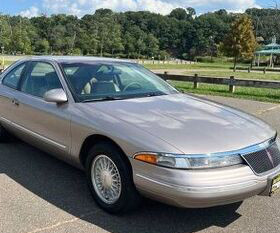JAC and Ricardo develop production version of HyBoost concept; seeking 30% boost in fuel economy with same performance
Green Car Congress
SEPTEMBER 30, 2015
Anhui Jianghuai Automobile Group Co Ltd (JAC) and Ricardo are collaborating on a project to develop the Ricardo HyBoost concept ( earlier post )—a combination of low-cost technologies to deliver improved performance and fuel economy which featured recently in the Ricardo Centenary celebrations —into volume production on a JAC vehicle.


























Let's personalize your content